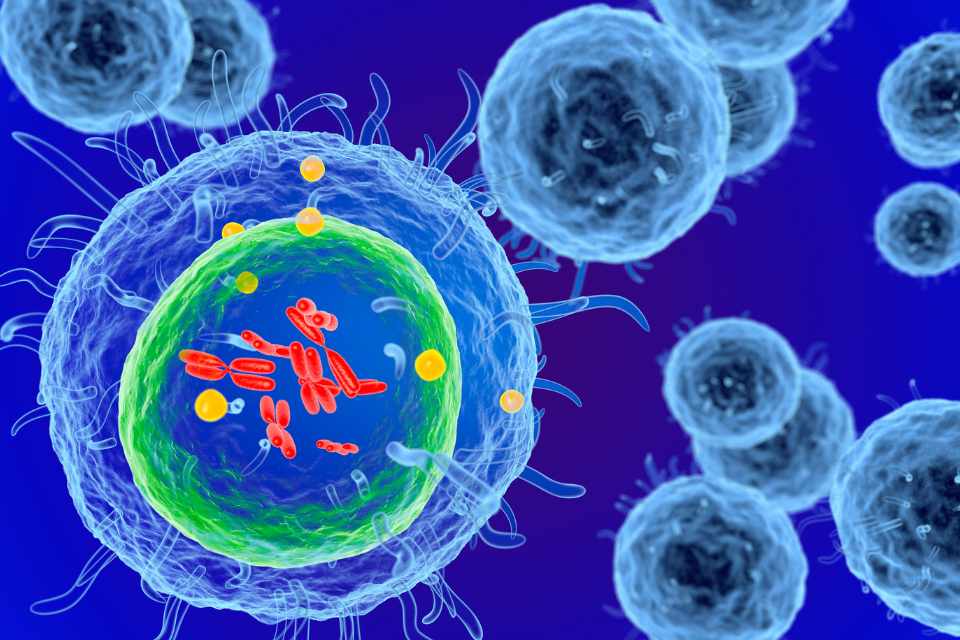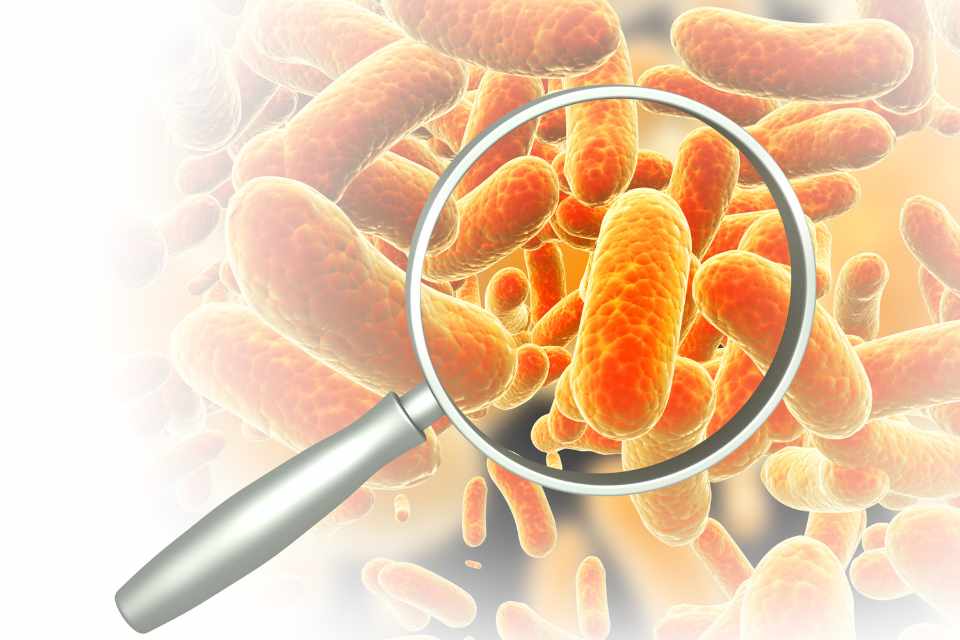Our immune system is a complex and intricate system that our health relies on. It is comprised of several different types of cells and substances. These work together to defend our body against infections and illnesses. From an early age our immune system learns the difference between which cells are “us” and which are not. When the immune system detects something foreign in the body it attacks and destroys it. But sometimes our immune system mistakes our own cells for foreign material. This results in the destruction of our own cells and leads to autoimmune disease. But what is autoimmune disease? Why does it happen? And is there anything we can do about it?
There are more than a hundred known autoimmune diseases. There are some that affect the whole body. There are others where the damage is isolated to one organ or tissue. Examples of autoimmune conditions include:
- type 1 diabetes
- multiple sclerosis
- coeliac disease
- rheumatoid arthritis
- vitiligo, psoriasis
- ankylosing spondylitis
- inflammatory bowel disease
- Sjögren’s syndrome
Fibromyalgia and interstitial cystitis are conditions that may have an autoimmune element yet unproven.
Each autoimmune disease might affect only a small percentage of people. But altogether these diseases affect a large number of people. While they might seem different, researchers believe all autoimmune diseases may have a similar root cause. A mechanism that starts with the development of a leaky gut. See my post on leaky gut. Leaky gut leads to a deluge of undigested protein particles and toxins from the bowel entering the bloodstream. Which sends the immune system into overdrive to clear up the mess. In this overactive state, the immune system mistakes the body’s own tissues for foreign material and attacks. The resulting chronic inflammation leads to symptoms that we recognise as autoimmune disease.
There is still a lot that we do not know about autoimmune conditions. Such as why more women develop this type of disease than men. But we do know that having one autoimmune condition predisposes to developing another.
Researchers thought the main risk factors were certain genes and the environment. And it seems likely that there is some genetic susceptibility. But only about 10% of people with a genetic susceptibility actually develop autoimmunity.
It now appears that it is the interaction between our genes and the environment that determines our risk. The knowledge that contemporary hunter gatherer populations following their traditional diet and lifestyle rarely suffer from autoimmune conditions would seem to confirm this. So, what are the modern environmental factors that might provoke the onset of autoimmunity?
The following factors are all thought to be potential triggers:
- poor diet
- food intolerance
- nutrient deficiency
- genetically modified foods
- chronic stress
- sleep deprivation
- low sun exposure
- environmental toxins
- infections
It is possible that different people are susceptible to different triggers. Or, that different triggers are responsible for certain diseases. Or even that several concomitant triggers are responsible.
But we do know that continued exposure to the environmental trigger causes chronic inflammation. Over time, this chronic irritation damages the cells, organs or tissues. Eventually, that feeling of fatigue or malaise, could lead to full blown autoimmune disease. And most people were aware that something was “not quite right” for several years before their diagnosis.
Identifying and eliminating the triggers is the key to calming the immune system and reducing inflammation. In coeliac disease for example, the trigger that causes the autoimmune reaction is gluten. And if a person with coeliac disease avoids gluten their gut can heal.
If all autoimmune conditions have a similar root cause, an approach that works for one, should work for others. Identify the trigger and remove it. Forever, if necessary.
It can take many years for research data to change conventional medicine practice. Currently conventional medicine often relieves symptoms rather than addressing an underlying cause. But an alternative medicine approach including personalised nutrition to minimise systemic inflammation helps. Use stress management techniques, minimise toxins, get adequate sunshine, and use herbs and supplements. Learn how to calm and balance your immune system. And take care of your gut with probiotics, prebiotics and fermented foods. This approach can help to arrest or to prevent the autoimmune process.








0 Comments